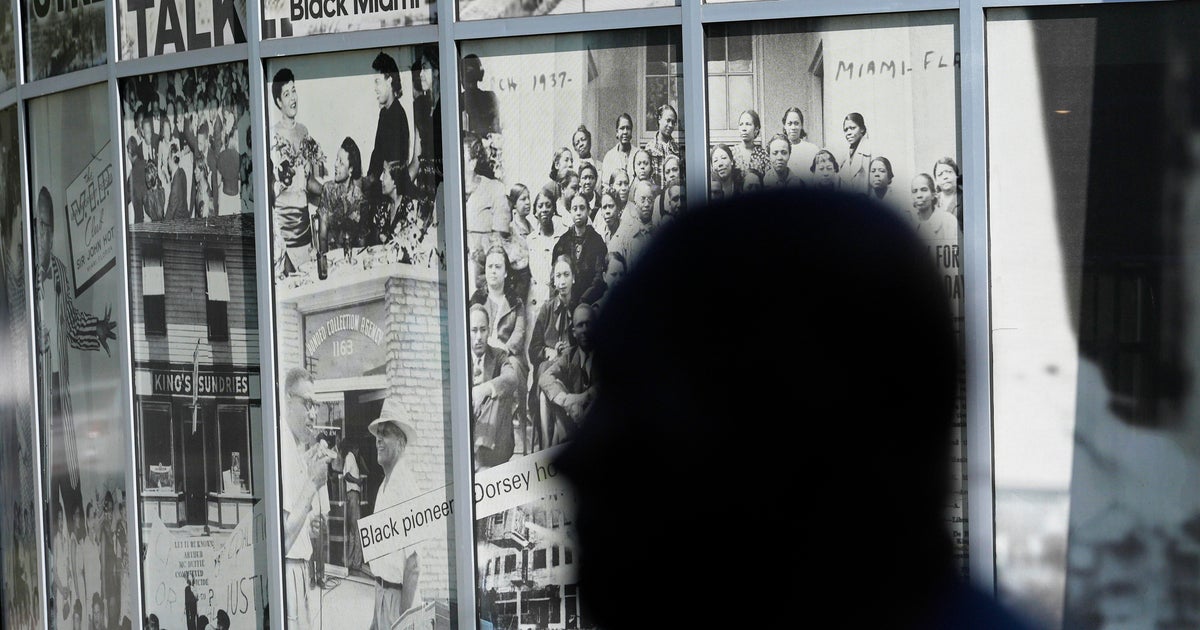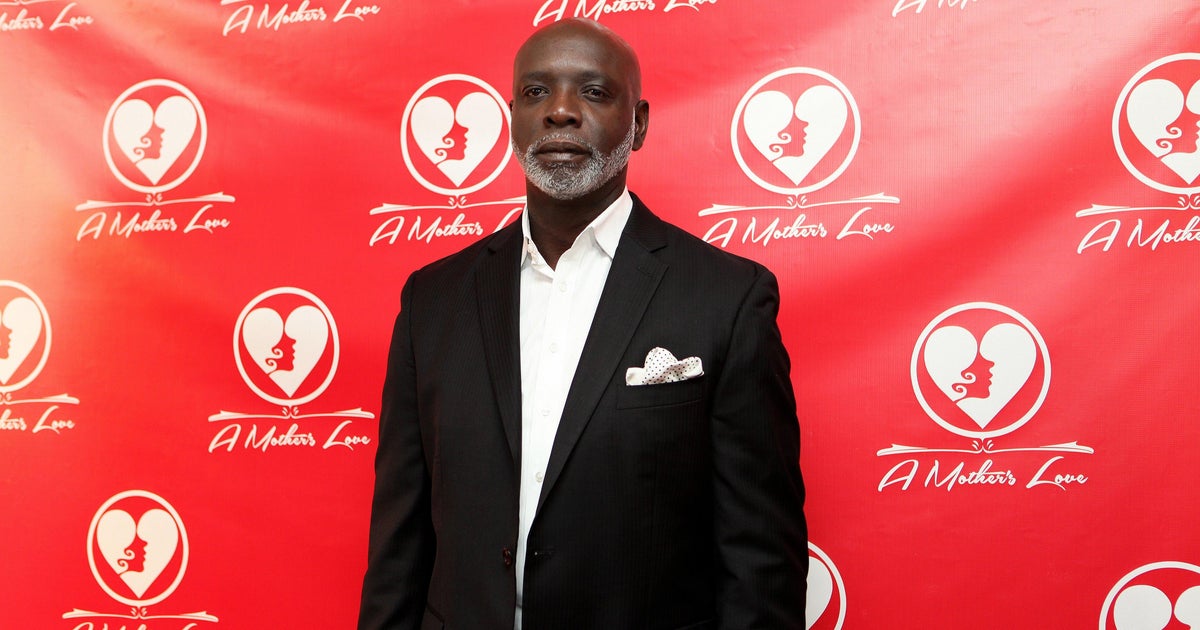Clinton Could Put Away Trump By Carrying North Carolina
Follow CBSMIAMI.COM: Facebook | Twitter
RALEIGH (CBSMiami/AP) — Swing states usually are the ones to swing a presidential election one way or another and it appears that this year will be no different.
Republican Donald Trump can do little to stop Democrat Hillary Clinton from winning the presidency if she carries North Carolina, where their close race reflects the national liabilities of both candidates.
Trump is struggling with conservative Democrats, especially women in the big and booming suburbs of Charlotte and Raleigh-Durham, who've long been part of the GOP's winning formula in North Carolina.
Clinton has her own worries: Younger voters who helped Barack Obama win the state in 2008 and come close in 2012 are far more hesitant to back her.
In a scenario playing out across the most contested states, Clinton's pursuit of new supporters is aided by a huge, data-driven ground force in North Carolina, while Trump is sticking with his come-what-may plan.
"Both candidates have problems here," said Paul Shumaker, an adviser to U.S. Sen. Richard Burr, R-N.C., who is seeking re-election. "But I think the Clinton people are more attuned about fixing their problems than Trump's are."
Polls suggest North Carolina, Ohio and Florida are among the most competitive states expected to decide the final steps on the path to the 270 electoral votes required to win the White House.
In all but one of the past nine presidential elections, the Republican nominee has taken North Carolina. Clinton's apparent strength in once reliably Republican Virginia and swing state Colorado may mean a perilously narrow route to an electoral majority for Trump.
If Clinton captures North Carolina, Trump would have to carry perennially tight Ohio and Florida, plus Democrat-leaning Pennsylvania, and sweep less populous close states that appear increasingly out of reach.
Shumaker says GOP support for Trump is lower than usual in North Carolina, as estimated in private GOP and public polling. 2012 nominee Mitt Romney received more than 90 percent of the GOP vote in North Carolina, according to exit polls; Trump appears markedly short of that.
Trump promised to win over conservative Democrats, who are common in Cary, a suburb of roomy brick homes and newer retail developments west of Raleigh.
Such a voter is Sunday Petrov, who is grudgingly backing Clinton. "It's more like I'm voting against Trump," she said. "What bothers me most is his disrespect for Hispanics, for Muslims, his unprofessional demeanor."
Trump has little outreach aimed at specific voter groups in North Carolina; Clinton does. She needs it with younger people, with whom her polling margins pale next to Obama's in 2008 and 2012.
After last Monday's debate with Trump, she pleaded her case during a rally at Wake Tech Community College. The election, she said, "is more about the future of young people and children than it's ever been," and she talked about her plan for government-subsidized, tuition-free college. Later in the week, Clinton's daughter, Chelsea, visited Asheville and Greenville, stopping at Eastern Carolina University to focus on college debt.
"North Carolina feels like Virginia in 2012," said Dan Kanninen, the Clinton campaign's top adviser in the state.
Obama won Virginia in 2008 and 2012, after 10 consecutive GOP victories there, by attracting younger, ethnically diverse and more educated adults, especially those flowing into northern Virginia's tech and defense sectors.
Clinton is putting that same strategy to work in North Carolina. Universities, high-tech companies such as Cisco Systems and the financial sector, including Fidelity Investments, have attracted thousands of young professionals to the Raleigh area alone since 2012.
In the past four years, North Carolina has added roughly 300,000 voters, mostly in metropolitan areas that account for half of the state's vote. They are predominantly college-educated, which is good news for Clinton in a close race.
"Trump's biggest problem is college-educated whites," said Republican strategist Michael Luethy, who charts legislative races. "If he solves his problem there, he wins. Easier said than done."
Perhaps the biggest unknown heading into the Nov. 8 election is whether African-Americans will turn out for Clinton at near the historic levels they twice did for Obama, the first black president.
Clinton dominates Trump among African-Americans, who make up 22 percent of North Carolina's voters, the biggest share of any of battleground state. Trump has done little to turn around long-standing support for Democrats by black voters.
Clinton has organizers on or near campuses of the state's 12 historically black colleges and universities.
Moreover, early-voting restrictions enacted in 2013 by North Carolina's Republican-controlled Legislature and GOP Gov. Pat McCrory were overturned after being ruled discriminatory toward black voters.
McCrory is up for re-election in November and trails Democrat Roy Cooper in a rare case where a down-ballot race could generate turnout for the presidential campaign.
"I think Democratic intensity on that issue — the attempt at voter suppression — is going to keep African-American turnout at the levels we've had lately," said Ken Eudy, a Democratic campaign strategist.
Shumaker, the GOP senator's aide, said that may be enough to lift Clinton in a close race.
"It's going to come down to the wire," he said. "And we're a 2-point state."
(TM and © Copyright 2016 CBS Radio Inc. and its relevant subsidiaries. CBS RADIO and EYE Logo TM and Copyright 2016 CBS Broadcasting Inc. Used under license. All Rights Reserved. This material may not be published, broadcast, rewritten, or redistributed. The Associated Press contributed to this report.)



